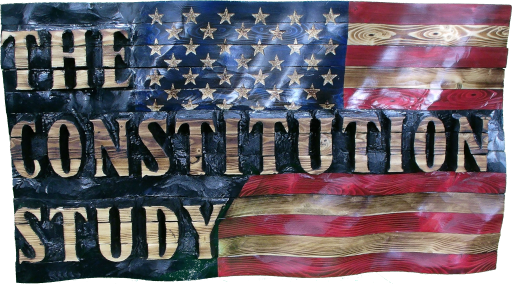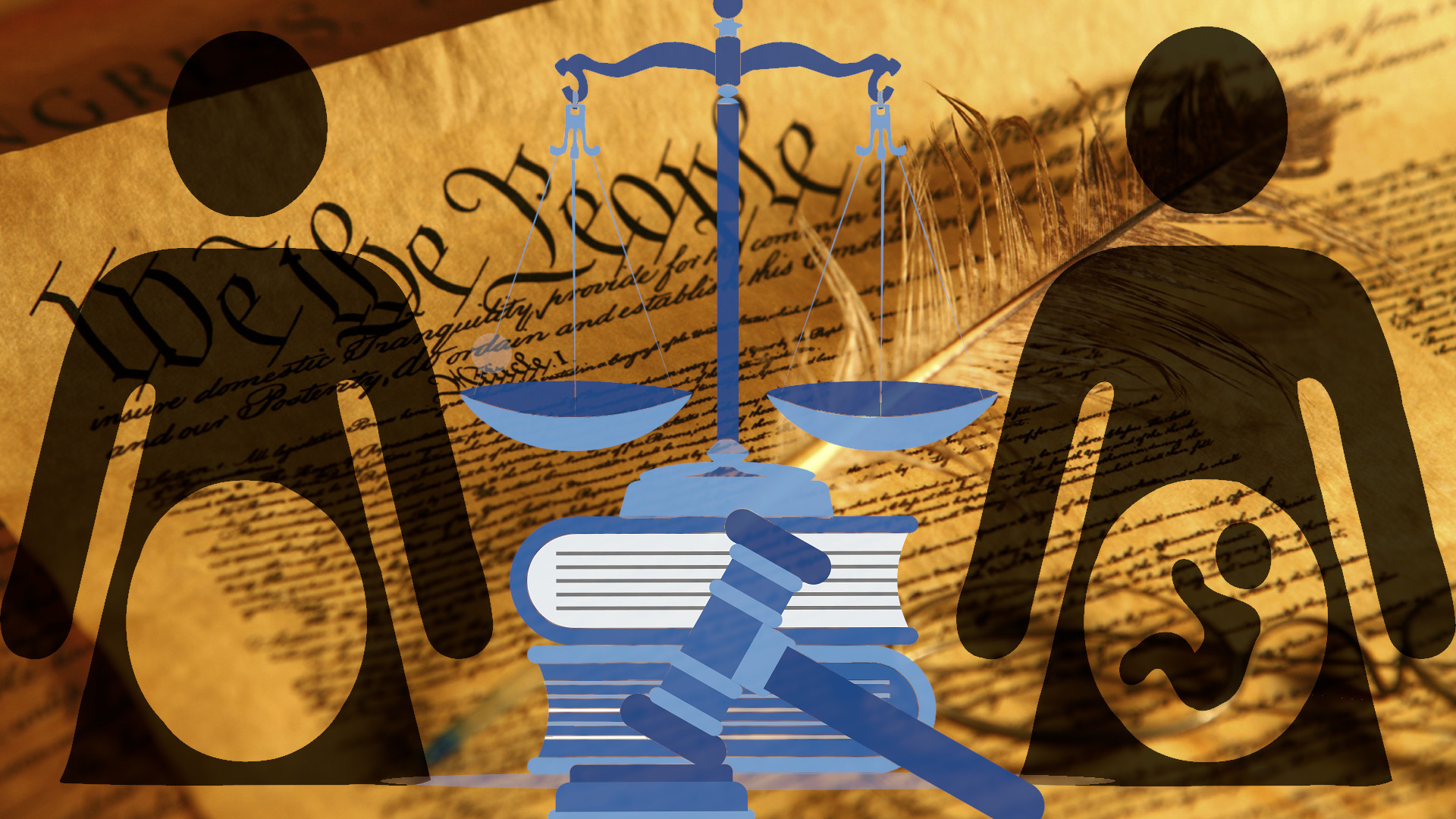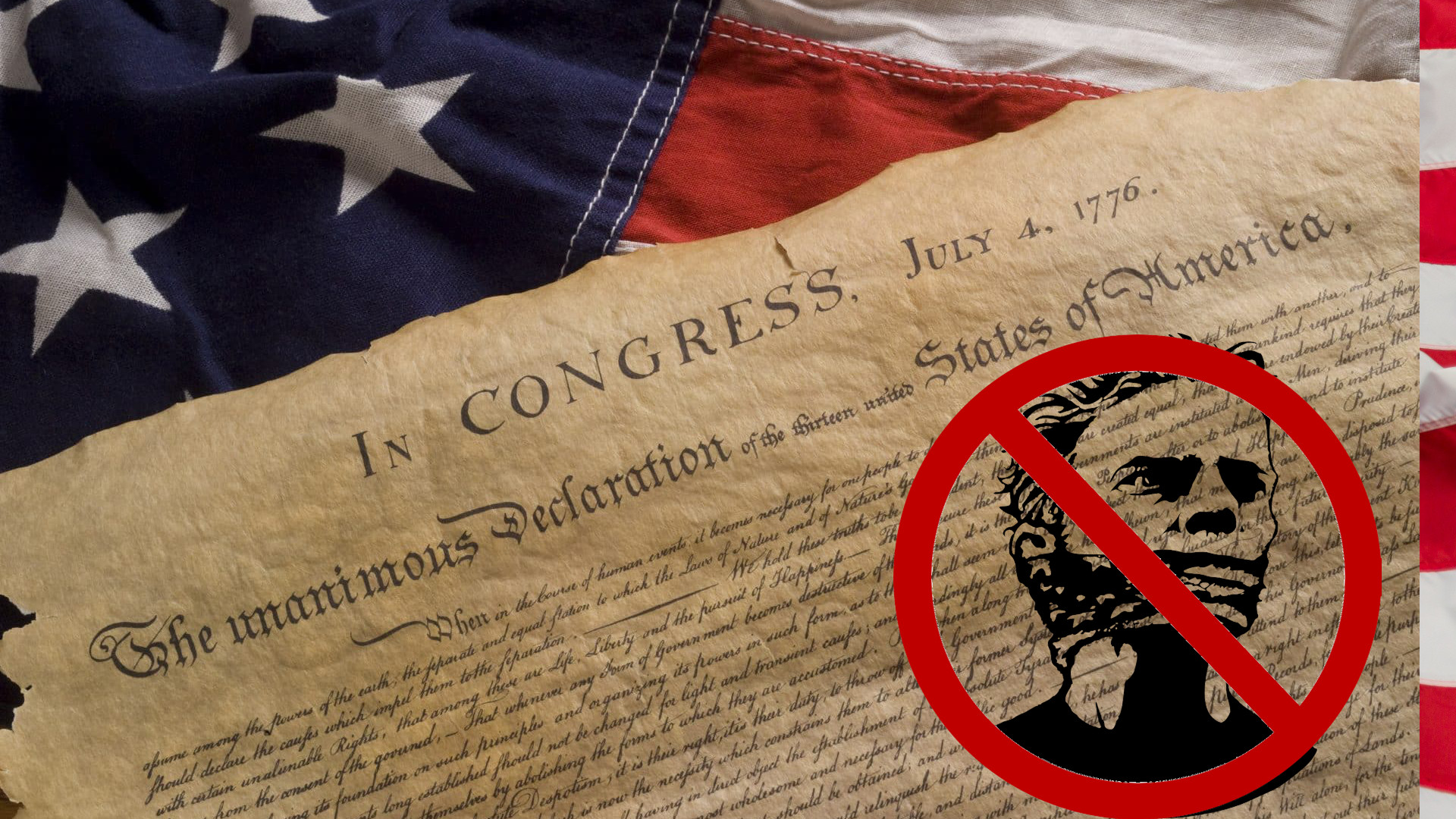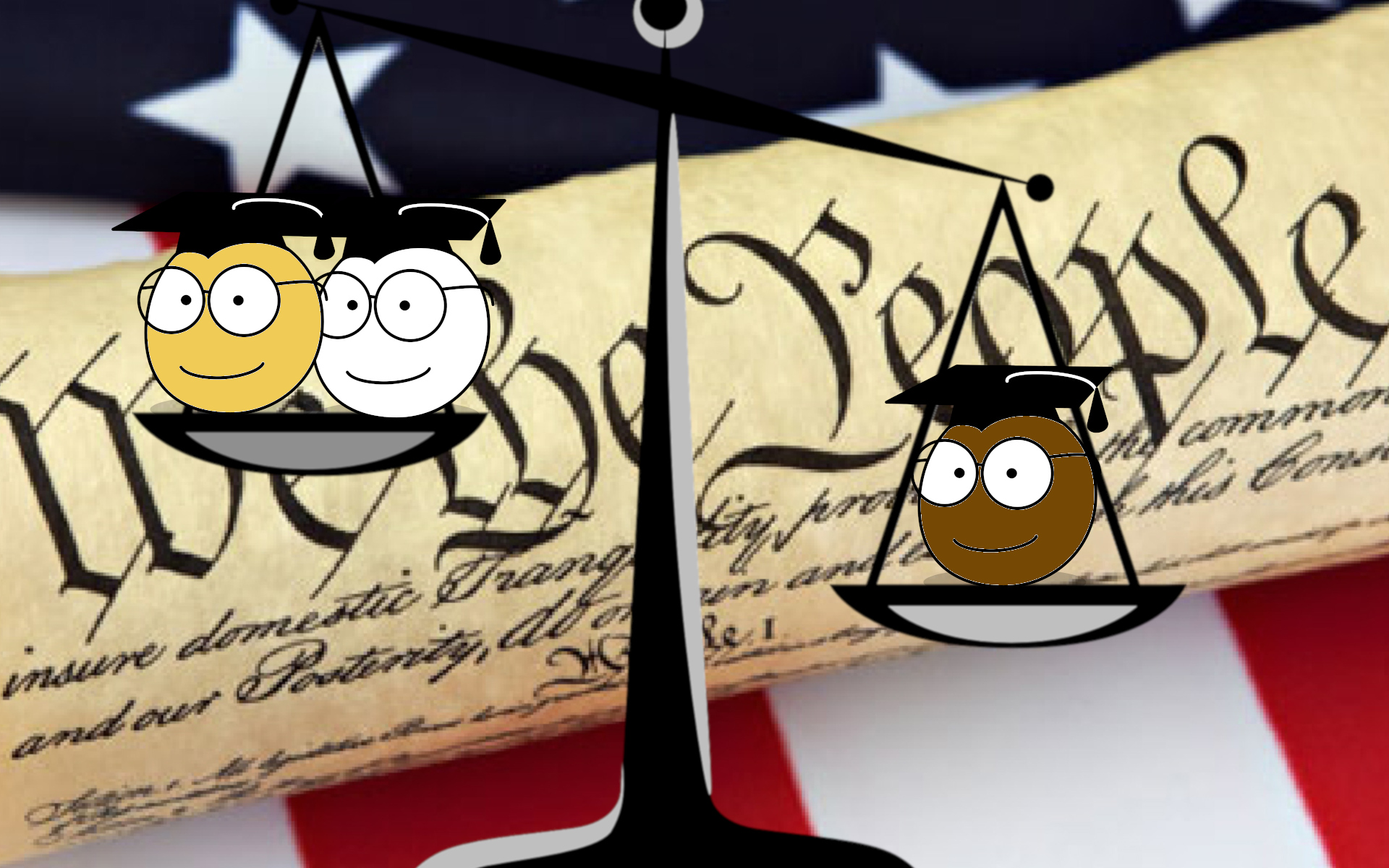Author: Paul Engel
Like many of you, I am a product of the public schools. Like many of you I thought the Constitution was for lawyers and judges. One day I read the Constitution, and was surprised to find I didn't need a law degree to understand it. Then I read the Declaration of Independence, the Federalist Papers and even the Anti-Federalist Papers. As I learned more and more about our founding fathers and documents I saw how little we know about how our country was designed to work and how many people just didn't care. I started The Constitution Study to help those who also want read and study our Constitution.

Learn to Defend Your Rights in Just 2 Minutes a Day!
After the Constitutional Convention, Benjamin Franklin was asked “Well, Doctor, what have we got? A republic or a monarchy?” His response was, A republic, if you can keep it. “If you can keep it” implies that keeping the republic is not automatic, that we must work for it. In today’s world that seems an almost…
Read More
384 – When are Constitutional Amendments Unconstitutional?
Since last year’s Supreme Court decision in Dobbs v. Jackson Women’s Health Organization overturned the court’s precedent in Roe v. Wade, there has been a flurry of work on both sides of the debate. Some states passed legislation restricting access to abortions except for medically sound reasons, others to not only secure abortion access in law but effectively declare themselves abortion sanctuary states. Some groups are working to enshrine abortion in their state’s constitution. With all of the heated rhetoric on both sides, one question never seems to be asked. Would of these state constitutional amendments be constituional?
Read More
383 – The Powers of Congress
I encourage people to ask questions. I believe there are only two “stupid” questions in the world, the one you don’t ask and the one you ask three times. Questions are important. We cannot truly learn unless we ask questions. Several weeks ago I posted the article The Role of Congress. I was pleased when I was asked a question about that article. Specifically, what are the powers of Congress. This article is the answer to that question.
Read More
382 – Gift of Freedom on Independence Day
I don’t think I’m exaggerating to day that Judge Terry Doughty did more to protect Freedom of Speech and Press in America in my lifetime, possibly since the Bill of Rights was ratified in 1791. What could one man do that had such a tremendous impact? How could one preliminary injunction be so important? While there has been plenty of hype about judge Doughty’s order, from both sides, as I have taken the time to review it, I am impressed both by it’s scope and it’s quoting of both the Constitution and Founding Fathers to prove the rightness of it’s position. What decision of a judge could have such an impact on the rights of the American people? The recognition of if infringement on one of our most basic rights, the freedom of expression, and the willingness to stand against it.
Some may say it is fate that this judge issued his order on the 4th of July, 2023. I see it as providence that this judge has once again honored that date as our Independence Day!
Read More
381 – The Role of the Federal Courts
In this third installment of the three-part series on the branches of government, we look at the role of the third and weakest branch. At least that is what our Founding Fathers thought of it. What is the role of the federal judiciary? What are the extent of their powers, how do they related to the other two branches of government, and why is a proper understanding of the role of the judiciary critical if the United States is to remain a constitutional republic?
Read More
380 – Compounding Errors in Favor of Religious Liberty
Our judicial system today works like a bad case of the game “telephone”. You probably remember that game from grammar school. The teacher would whisper something into one child’s ear, who would then whisper it into the next child’s ear, and on and on until the message got all the way around the room. Then the teacher would compare what they had whispered in to the first child’s ear with what the last child heard, and it would be completely different. This child’s game shows the dangers of what I call a “compounding replication error”, the idea that small errors that occur when something like a message is replicated, compounded with each new replica, until the original message is lost. This is how our judicial system works today, often with disastrous effects. In the case of Groff v. Dejoy, Postmaster General most people see a win for religious liberty. I, however, see another generation of a compounding replication error in judicial opinion that, while granting the correct outcome today, lays the groundwork for the destruction of our rights and the rule of law tomorrow
Read More
379 – Racism, By Any Other Name, is Just as Perverse
Merriam-Webster’s Dictionary defines racism as:
racism noun a belief that race is a fundamental determinant of human traits and capacities and that racial differences produce an inherent superiority of a particular race
Racism – Merriam-Webster Online Dictionary
This idea has taken many forms in American history, slavery, Jim Crow laws, Black Codes, eugenics, and yes affirmative action. Regardless of the euphemism you use, all of these policies are based in the idea that race is a fundamental determinant of human traits and capacities.
Read More
The Constitution Study Makes the Top 10!
The Constitution Study has made several Top Ten lists on Goodpods!
Read More